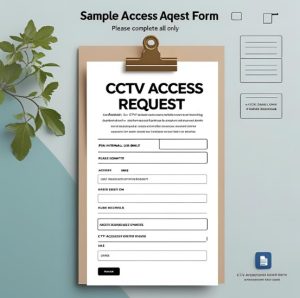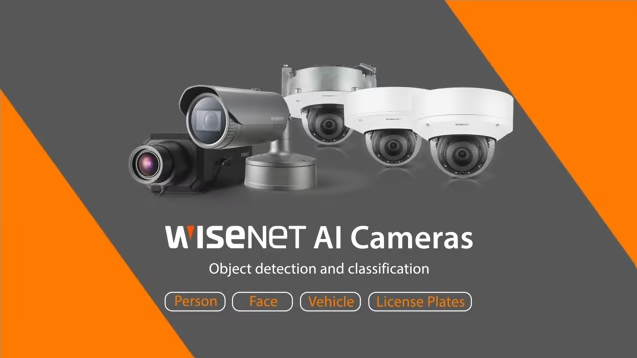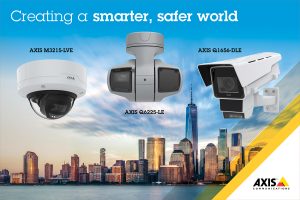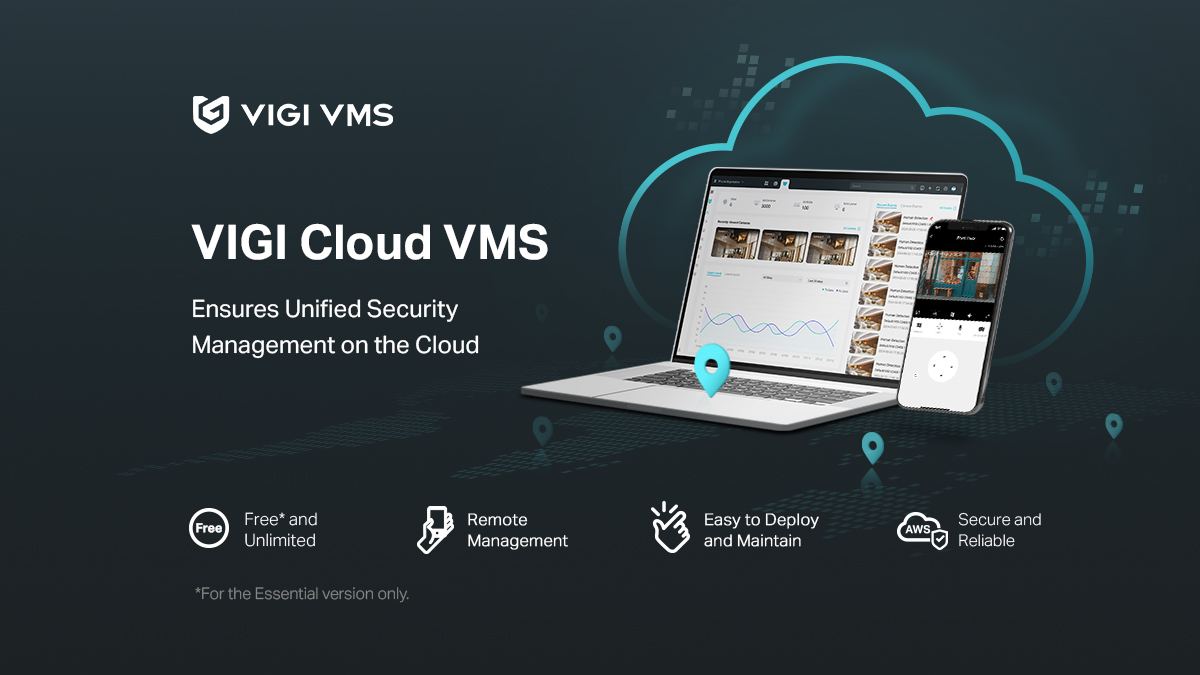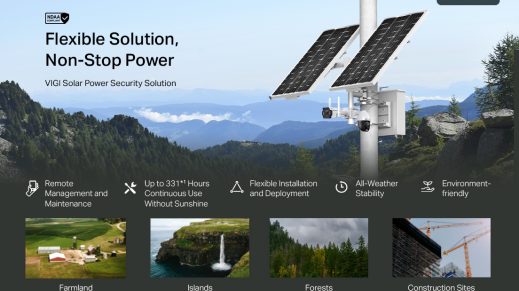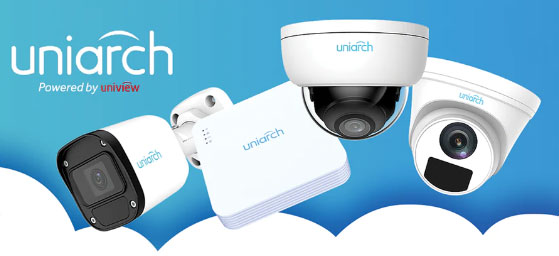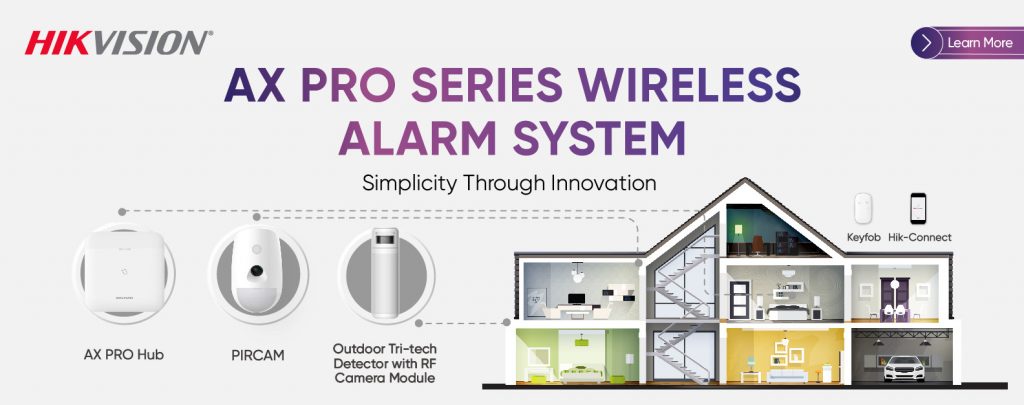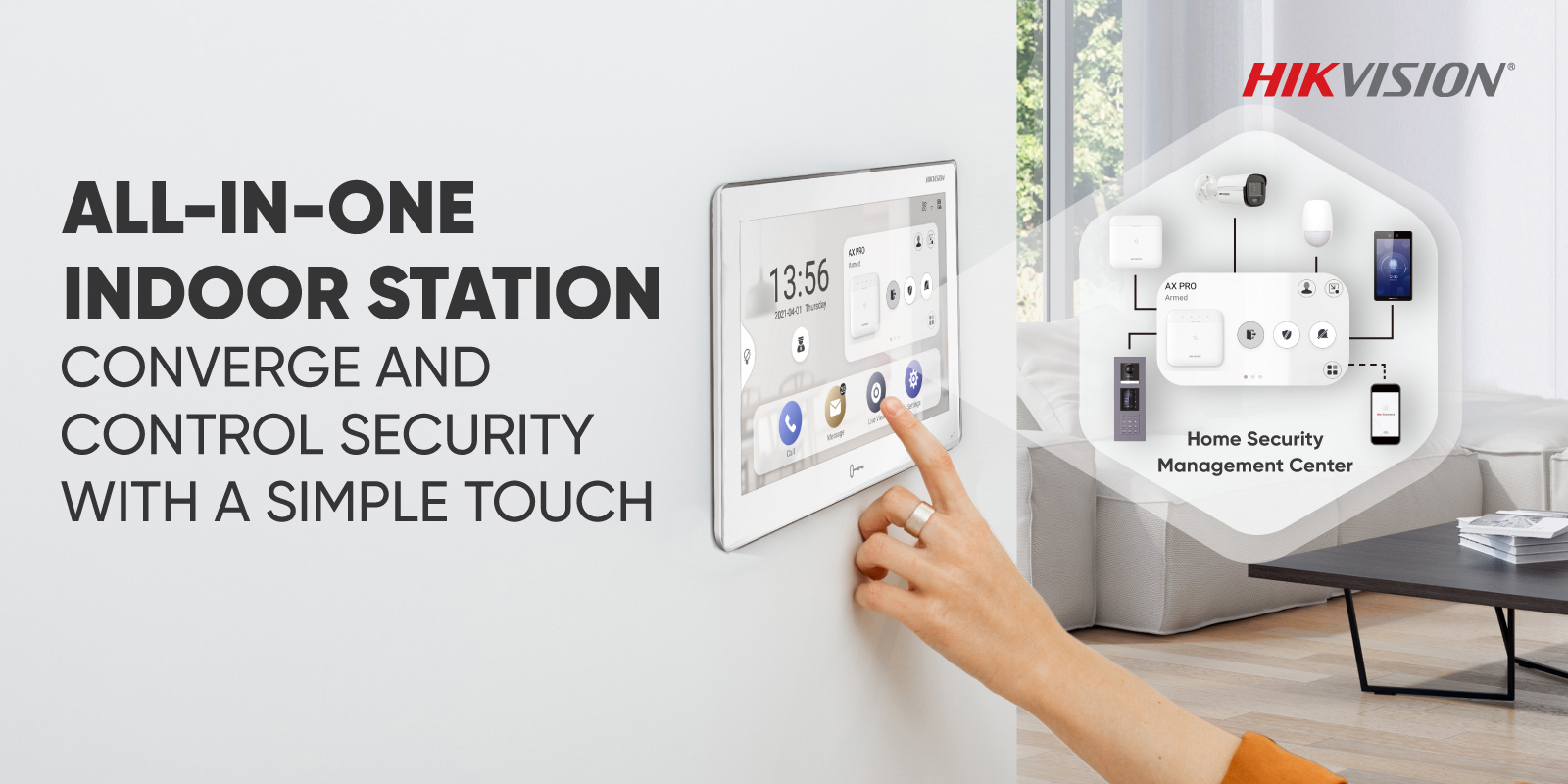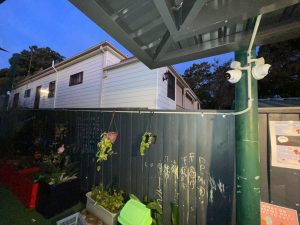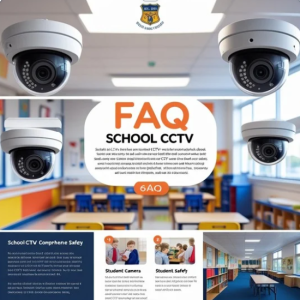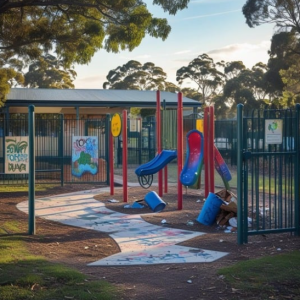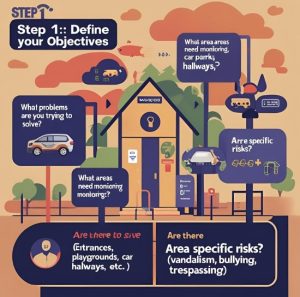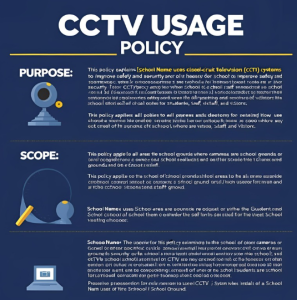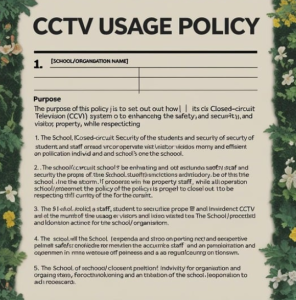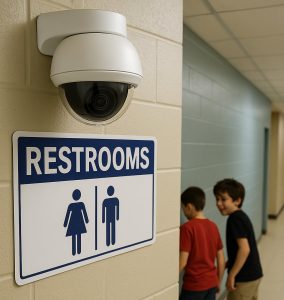School CCTV FAQs
Everything You Need to Know About School Security Cameras
At Security Wholesalers Australia, we understand that installing CCTV in a school raises a lot of questions — from legal requirements to technical details.
Below we’ve answered some of the most common questions we hear from school principals, business managers, and administrators.
Everything You Need to Know About CCTV Systems for Australian Schools
CCTV (Closed-Circuit Television) systems are becoming increasingly common in Australian schools — and for good reason. They help deter vandalism, improve student safety, support staff, and provide clarity when incidents occur.
If you’re a school principal, administrator, or facilities manager considering CCTV, this FAQ will guide you through the most common questions we get — from placement and privacy to legal considerations.
Disclaimer: The information provided here is general and for educational purposes only. For legal or policy-specific advice, we recommend consulting with your school’s legal advisor or regulatory body.
✅ General Questions
Why do schools install CCTV systems?
Schools use CCTV to improve safety, deter vandalism and bullying, monitor large areas, and provide video evidence in case of incidents. It’s part of a broader risk management and child protection strategy.
Are CCTV systems common in Australian schools?
Yes — especially in public and private secondary schools. Primary schools are also adopting them more frequently, particularly in high-growth urban areas or where there have been issues with vandalism or supervision.
What areas of a school are typically monitored by CCTV?
CCTV is usually installed in:
-
School entrances and exits
-
Car parks and bus zones
-
Playgrounds and sports areas
-
Corridors and stairwells
-
Administrative and reception areas
-
Perimeter fences
Private areas like bathrooms and change rooms are strictly off-limits.
What are the benefits of CCTV in schools?
-
Deters bad behaviour: Students are less likely to fight or damage property if they know they’re being watched.
-
Improves response time: Real-time monitoring lets staff respond to incidents faster.
-
Supports investigations: Footage helps resolve disputes fairly and accurately.
-
Enhances staff support: Protects teachers from false accusations.
Is CCTV footage monitored live or just recorded?
Both options are possible. Most schools record continuously and review footage after an incident. Some larger campuses with security staff monitor live feeds during school hours or after hours for trespassing.
Does CCTV replace teachers or playground duty staff?
No. CCTV is a support tool — not a substitute for supervision. It helps cover blind spots and complements the work of teachers and duty staff.
How long is CCTV footage stored?
Most schools keep footage between 14 to 60 days, depending on storage capacity and school policy. In some cases, footage may be kept longer if an incident is under investigation.
Can students or parents request to view CCTV footage?
This depends on your school’s privacy policy and applicable regulations. Generally, footage is only shared with authorized personnel or police. Parents may make a request through the principal, but approval is case-by-case.
⚖️ Legal and Ethical Questions (Speak to a Lawyer for Advice)
Do schools need to inform parents and students about CCTV?
Yes. Schools should provide clear communication — via newsletters, policies, signage, and enrolment materials — about where cameras are used and why.
Is it legal to film students at school in Australia?
Yes, provided it’s done within the law and in accordance with privacy regulations. State laws may differ, and schools must balance surveillance with students’ right to privacy. Speak to a legal advisor to ensure your CCTV policy complies with your state’s legislation.
Can schools use facial recognition with CCTV?
At this time, facial recognition use in schools raises significant ethical and legal concerns. If you’re considering AI or facial detection, consult with a lawyer and consider the Australian Human Rights Commission’s stance.
Who is allowed to access the footage?
Typically, only designated school leadership (e.g., principal, deputy) and IT/security staff have access. Some systems allow secure remote access. Any sharing outside the school must follow policy and legal guidelines.
Can students or staff opt out of being recorded?
Not usually. If cameras are in public school areas (e.g. hallways, gates, playgrounds), there’s generally no expectation of privacy. However, ethical use is critical, and students/staff must be made aware of the system and purpose.
Are signs required to notify people about CCTV?
Yes. Visible signage is essential to comply with Australian privacy guidelines. It informs students, staff, and visitors that recording is taking place and why.
What policies should a school have in place?
At minimum, your school should have:
-
A CCTV Usage Policy outlining purpose, scope, and oversight
-
A Privacy Policy describing how footage is handled
-
An Incident Access Protocol that defines who can request/view footage
You may wish to seek legal review of these documents.
Can CCTV footage be used for disciplinary action?
Yes, many schools use footage to support disciplinary proceedings. However, it must be used fairly and within the bounds of your school’s policies and student rights framework. Always involve legal or senior leadership in sensitive matters.
Technical Questions
What type of cameras should schools use?
We recommend:
-
IP cameras for higher clarity and easier network integration
-
Turret or dome-style cameras for vandal resistance
-
Cameras with night vision for after-hours security
-
AI-enabled models (optional) for detecting motion or people in restricted areas
Can CCTV be integrated with alarms or intercoms?
Yes. Many modern systems can link with school alarms, access control (e.g. keyless gate entry), or intercom systems to provide a complete security solution.
Does CCTV require an internet connection?
No, but networked systems (IP-based) offer more flexibility. If your school needs remote access, cloud backup, or mobile notifications, internet connectivity is recommended.
Is there a risk of footage being hacked or leaked?
This is why secure configuration is essential. Use a reputable installer, keep software updated, restrict user access, and avoid exposing systems to the open internet. We provide systems that follow best-practice network security standards.
Do cameras record audio as well as video?
Most standard CCTV cameras only record video, not audio — and in many jurisdictions, recording audio without consent can violate privacy laws.
We generally recommend video-only systems for schools.
How long is CCTV footage stored?
This depends on your storage system and policy.
Many schools keep footage for 2–4 weeks, unless it’s required for investigation.
We can recommend storage options that suit your needs and meet legal retention periods.
Can CCTV be integrated with alarms and access control?
✅ Absolutely.
We can supply a full school security system that includes:
-
CCTV
-
Intruder & fire alarms
-
Door & gate access control
-
Emergency intercoms
-
Back-to-base monitoring
This provides a complete, layered defence for your campus.
Who installs the cameras?
While we supply the equipment at wholesale prices, we can also recommend trusted, licensed security installers in your area.
It’s always best to have your system installed by a professional to ensure it’s compliant and effective.
How long does installation take?
This depends on the size and complexity of your system.
✅ A small school may take 1–2 days.
✅ A large high school could take several weeks week.
We’ll give you a clear timeline during the planning stage.
CCTV Cameras for High Schools
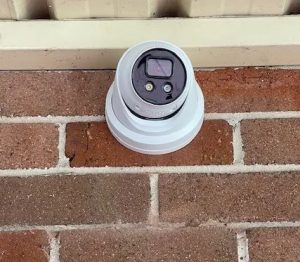
School CCTV Installation Guidelines

Complete School Security Systems
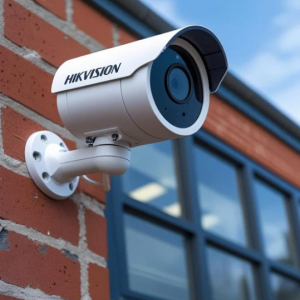
Top 5 School Security Risks & How CCTV Helps
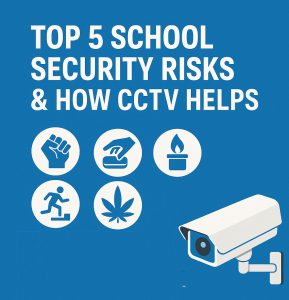
Balancing Privacy & Security with CCTV in Schools
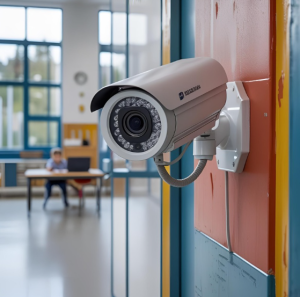
A Step-by-Step Guide for Principals & Administrators
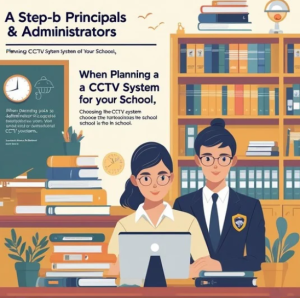
Sample School Privacy Policy (includes CCTV)
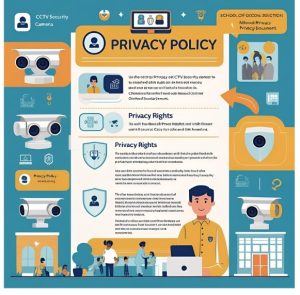
Sample Incident Access Protocol — CCTV Footage
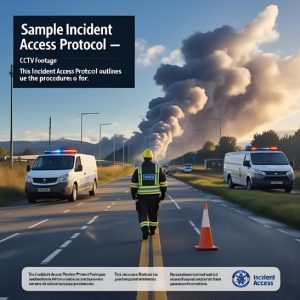
Sample CCTV Access Request Form Template
